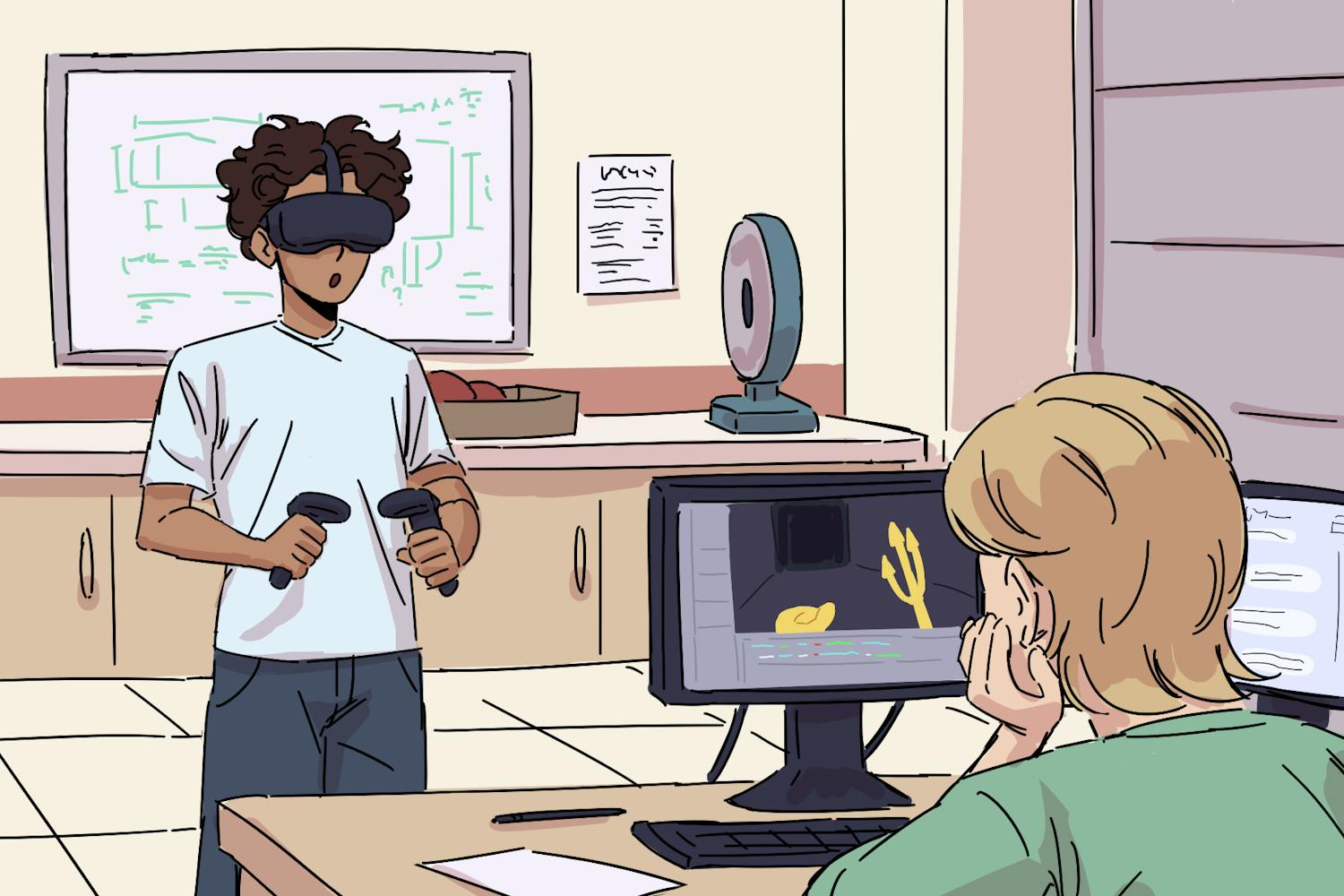To anyone curious about the stark difference between Bernie Sanders or Donald Trump’s loud, emphatic debate methods and Hillary Clinton’s calm, composed demeanor, the results of a recent study by an ASU psychologist may have some answers.
Jessica Salerno, an associate professor of social and behavioral sciences, conducted a study that indicates a distinct gender bias in the context of passionate debate. According to the study, men tend to gain influence as they become angry, while women tend to lose it.
Salerno said she began speculating that this bias might exist when looking at the behavior of juries.
“I had heard a lot of anecdotal evidence that women felt they were penalized for expressing anger,” she said.
The study was conducted with 210 participants in a computer-simulation in which they acted as a juror. In the simulation there were five other jurors, all of which were presented with a case and asked to make a decision.
Participants of the study were led to believe the five other jurors were represented by real people, but they were actually computer generated responses with four of the jurors agreeing with the participant and one hold out.
The hold outs alternated between men and women, but expressed anger in the same way, with the exact same preprogrammed responses. The results indicated that the participants lost confidence in their own conflicting viewpoint when the angry hold out was a man, and gained confidence in their own viewpoint when the angry hold out was a woman.
The bias occurred regardless of the participant's gender.
“We could see how much influence the hold out was having on them based on their gender and their emotion expression,” Salerno said. “I think what’s happening here is that a lot of us have these stereotypes and these biases, so we don't even realize we have (them).”
Salerno said her hope is that women will not repress their anger as a result of this study, but that people will become more aware of this bias and adjust their perception of passionate women.
Co-author of the study Claudia Peter-Hagene said she believes the controlled nature of this study will help to legitimize the existence of these kinds of gender divides, and her hope is that it will affect social change.
“The message here is that we should all be very aware of the biases we express without meaning to,” she said, “I don’t think women should have to change how women speak about things. ... I would definitely not advise women to temper their anger when they’re talking about something they're passionate about, especially when men can do it at no cost.”
Sally Kitch, ASU professor and scholar of women’s and gender studies, said she is not surprised by the results of the study.
“I would say that, in general, men and women are perceived differently in a lot of areas of human interaction, and in particular, despite all the progress that one would like to point out for women's rights and opportunities, there's still a large component of threat to men’s feelings of masculinity when women have authority.”
Kitch said a large component of what makes men “feel like men” is holding positions of power.
“In our culture and many others, masculinity is kind of a fragile thing and it's fairly easily upset,” she said.
Related Links:
Rigid gender roles hurt relationships
An ASU professor's role in shaping the field of women and gender studies
Reach the reporter at icastil3@asu.edu or follow @isabella_m_cast on Twitter
Like The State Press on Facebook and follow @statepress on Twitter




